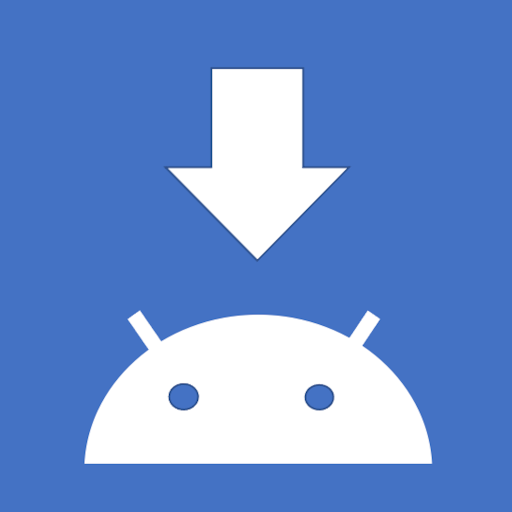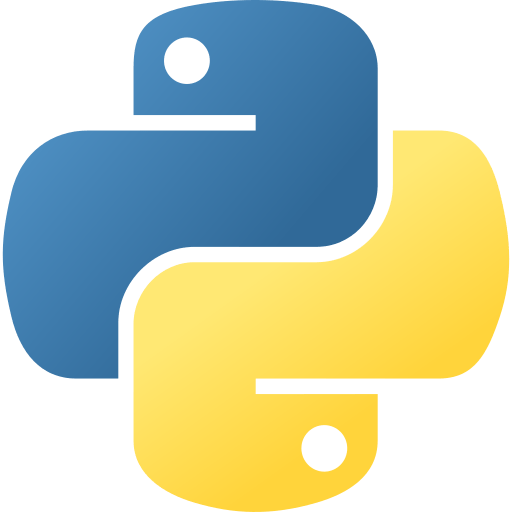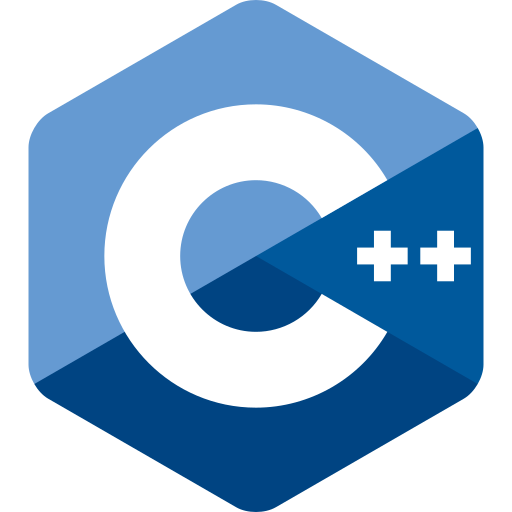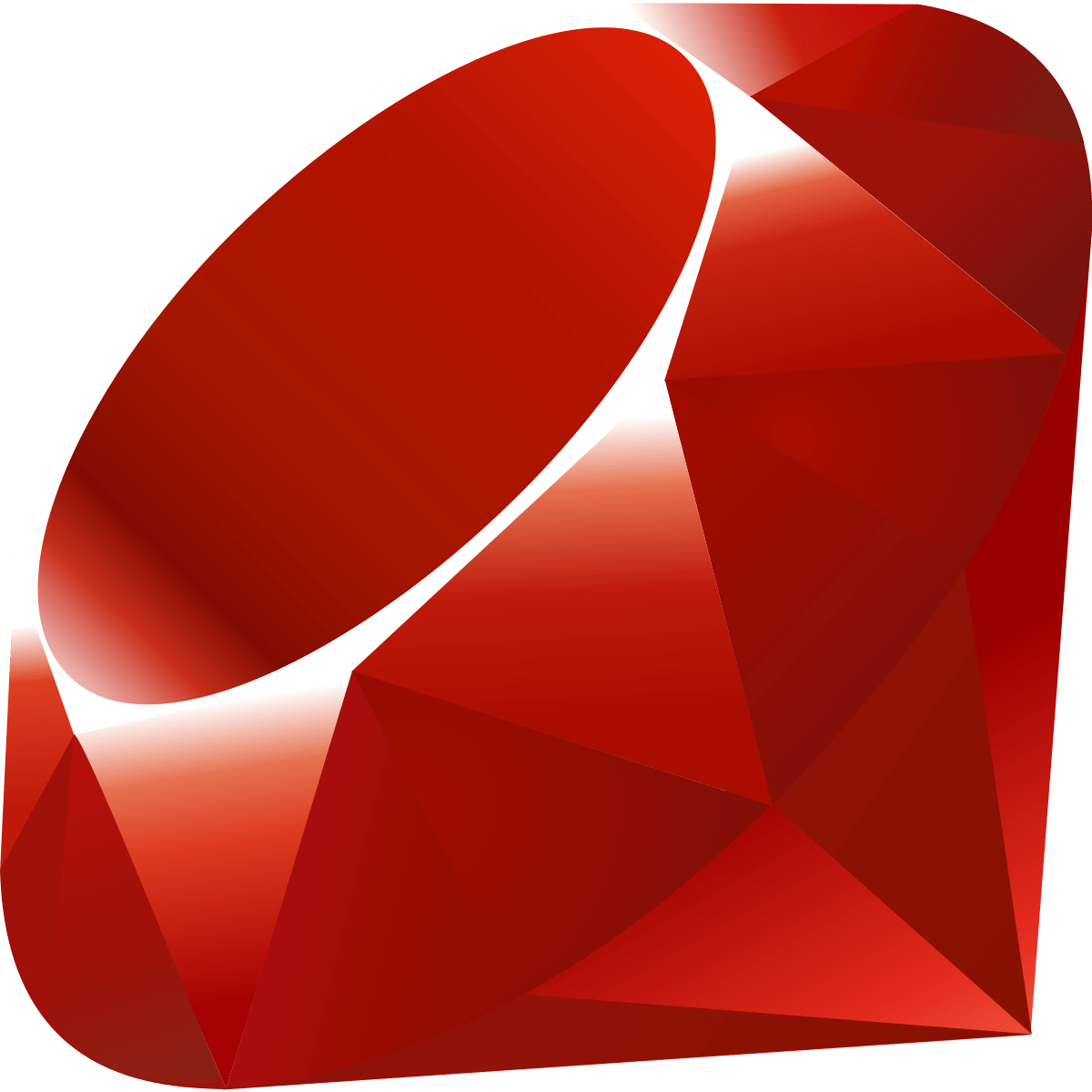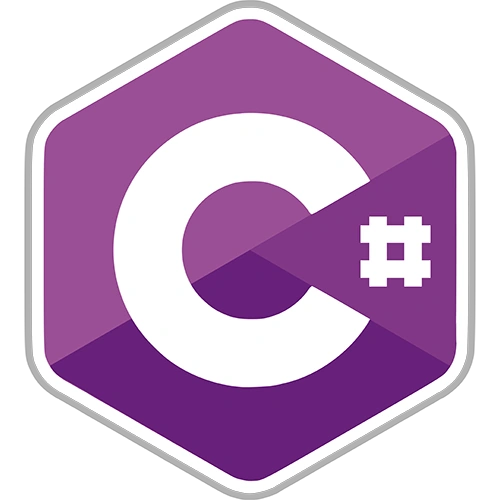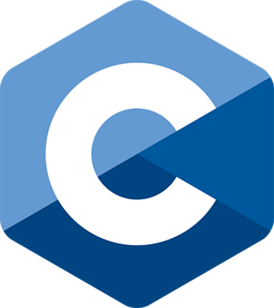Programming languages (PL) are the main tool for developers and are used to create programs, web applications, mobile applications, games, system software and other solutions. They differ in scope, complexity level and syntactic features.
Programming languages are classified according to several criteria:
By level: low-level (close to machine code) and high-level (close to human language).
By paradigm: procedural, object-oriented, functional and logical languages.
By purpose: languages for web development, mobile development, system programming, etc.
By difficulty of learning: some languages are easier for beginners, others require a deep understanding of programming.
Below is a table with the main characteristics of the programming languages presented on our platform.
Language | Type | Main application | Difficulty of learning (1-5) | Which languages are best to learn? | What languages does it go with? | What platforms is it developed on? | What platforms is it being developed for? |
|---|---|---|---|---|---|---|---|
HTML | Markup | Web pages | ⭐ (1/5) | Heart rate, JavaScript | CSS, JavaScript, PHP | Browsers, web editors | Web (browsers) |
CSS | Style language | Web page design | ⭐⭐ (2/5) | HTML, JavaScript | HTML, JavaScript | Browsers, web editors | Web (browsers) |
JavaScript | Scripting | Web development (frontend and backend) | ⭐⭐⭐ (3/5) | HTML, CSS, TypeScript | HTML, CSS, Node.js | Browsers, servers (Node.js) | Web, mobile (via frameworks) |
PHP | Scripting | Server development | ⭐⭐⭐ (3/5) | HTML, SQL, JavaScript | MySQL, HTML, JavaScript | Servers, web hosting | Web (server side) |
C++ | Compilable | Games, software, system programming | ⭐⭐⭐⭐ (4/5) | C, Python | C, C#, Java | PC, servers, game engines | PC, embedded systems, consoles |
Python | Interpretable | Web, data science, automation | ⭐⭐ (2/5) | SQL, Bash, JavaScript | C, C++, SQL, TensorFlow | PC, servers, microcontrollers | PC, Servers, Mobile, IoT |
Java | Object-oriented | Corporate systems, mobile applications | ⭐⭐⭐⭐ (4/5) | Kotlin, SQL | Kotlin, SQL, JavaScript | PC, servers, mobile IDE | PC, Android, Servers |
Ruby | Interpretable | Web development | ⭐⭐⭐ (3/5) | HTML, JavaScript | HTML, JavaScript, SQL | Servers, web hosting | Web, server applications |
C# | Object-oriented | Game development (Unity), business systems | ⭐⭐⭐ (3/5) | C, C++ | C++, JavaScript | PC, game engines (Unity) | PC, Consoles, Mobile |
C | Compilable | System programming | ⭐⭐⭐⭐⭐ (5/5) | C++, Assembler | C++, Python | PC, embedded systems | PC, servers, microcontrollers |
Kotlin | Object-oriented | Mobile Development (Android) | ⭐⭐⭐ (3/5) | Java, SQL | Java, XML | Android Studio, Servers | Android, server applications |
Go | Compilable | High-load systems, server software | ⭐⭐⭐ (3/5) | C, Python | C, Python, Kubernetes | Servers, cloud platforms | Servers, cloud services |
Questionnaire to determine the appropriate programming language:
Frequently asked questions
A programming language is a formal language that is used to write programs that are controlled by a computer.
Programming languages are low-level (e.g. C, Assembler) and high-level (e.g. Python, Java). They are also divided by paradigm: procedural, object-oriented, functional and logical.
Python or JavaScript are most often recommended to start with, as they have simple syntax and a wide range of applications.
C, C++ and Assembler are considered difficult because they require a deep understanding of memory management and low-level processes.
For the frontend — HTML, CSS, JavaScript. For the backend — PHP, Python, JavaScript (Node.js), Ruby.
For Android — Kotlin and Java, for iOS — Swift. You can also use cross-platform technologies (Flutter, React Native).
The most popular are Python, JavaScript, Java, C# and Go, as they are actively used in development.
Yes, many successful developers are self-taught. The main thing is practice, portfolio and the ability to solve problems.
C++ (Unreal Engine), C# (Unity), JavaScript (browser games), Python (simple 2D games).
Python (NumPy, Pandas, TensorFlow libraries), R and SQL.
Basic knowledge can be acquired in 2-6 months, but developer level takes 1-3 years.
Depends on the goal. If you want to become a generalist developer, knowing several languages is useful.
Python, JavaScript or Java – they are in demand and have a wide range of applications.
JavaScript + HTML + CSS for the web, Python + SQL for data analysis, C++ + C for system programming.
PHP, Python, Node.js, Java, Go – depending on the project and requirements.
Python, R, Julia, Lisp.
C, C++, Python, Assembly, JavaScript.
Solidity (Ethereum), Rust, C++, Go.
Yes, you can freelance, work remotely, or create your own projects.
JavaScript (frontend development), Python (data analytics), PHP (backend) or C# (Unity game development).

